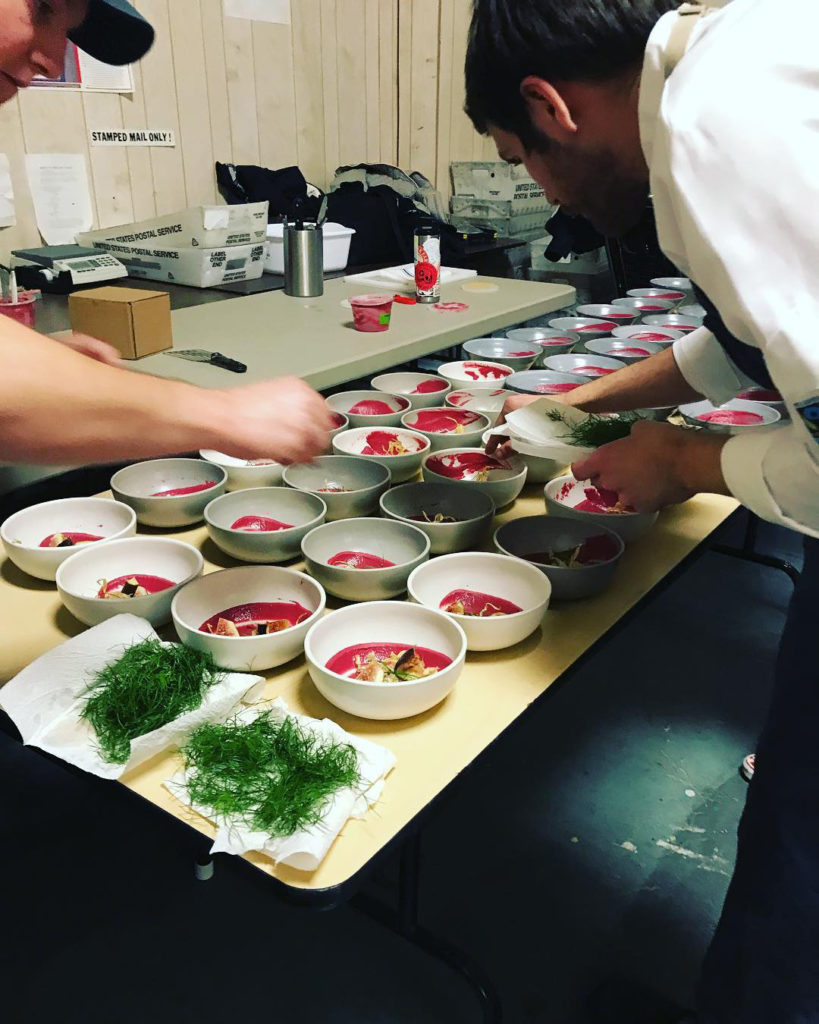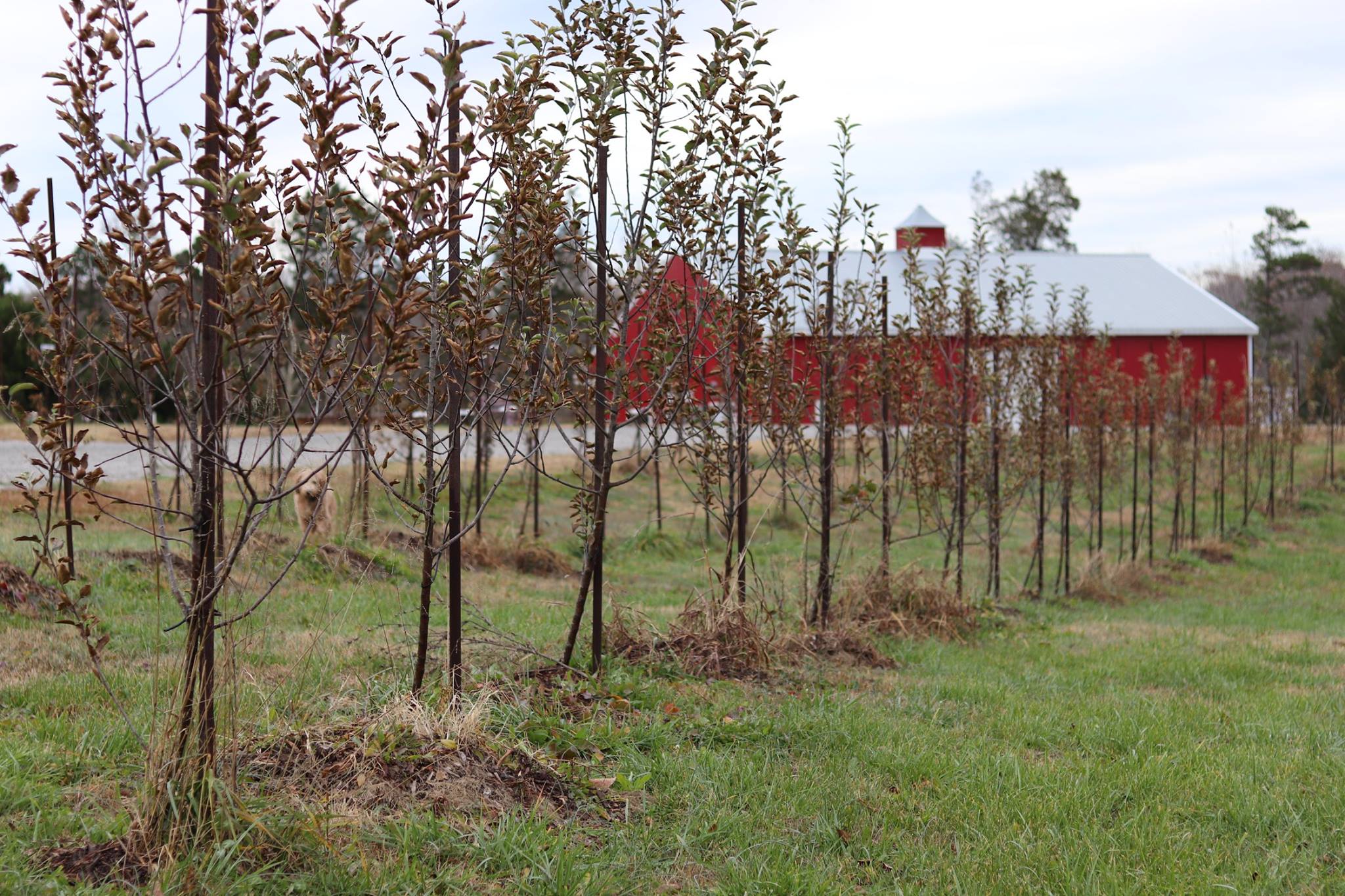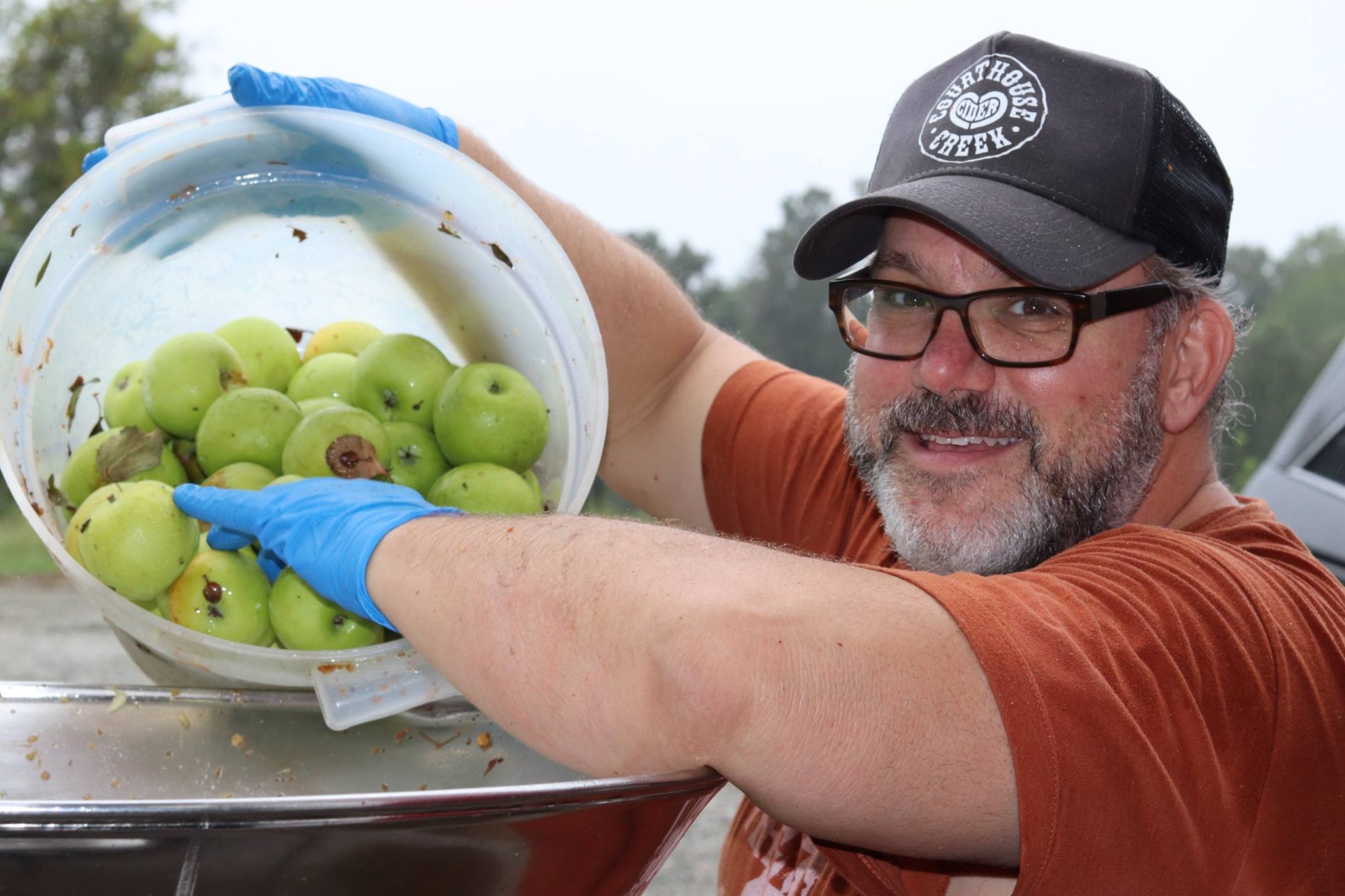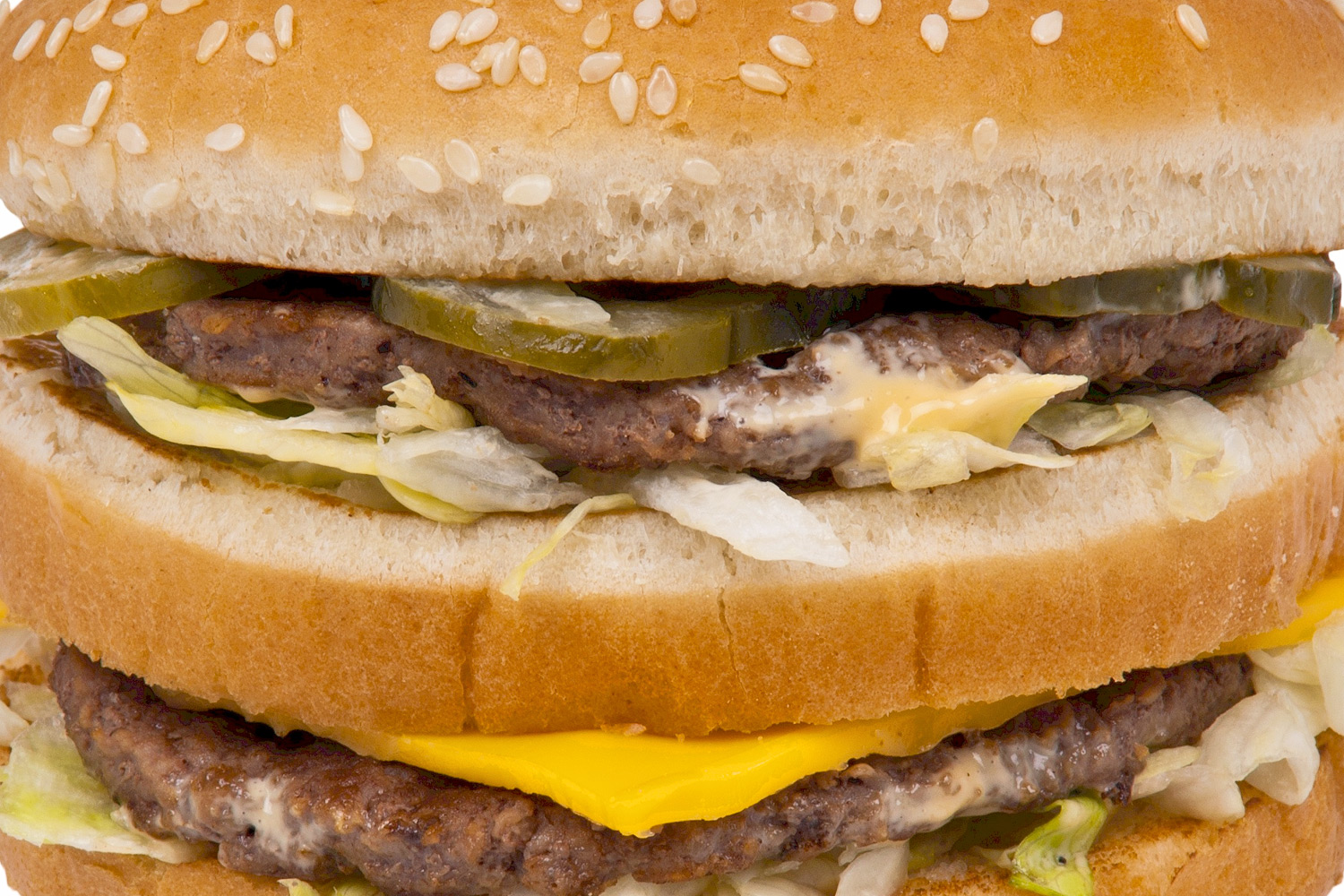Chasing Taste
Let’s discuss the elephant in the room right off the bat. Me. I’m the elephant. I’m overweight. And yes, I have an undeniable desire to eat Big Macs—especially after partying a bit. Why is that? Some say it is because mass producers of food understand flavor too well—that the basic taste profiles, when put together in ridiculous proportions, turns the Big Mac, for example, into crack food. Think of that Big Mac. It’s really salty. A sour and bitter kick hits you from pickles and the “special sauce.” And then, you get a sweet punch from the bun—three layers of that crap. And don’t forget the ketchup, which is also filled with sugar. Take a good long look at those two all beef patties, special sauce, lettuce, cheese, pickles, onions, on sesame seed bun. It’s the four taste sensations on steroids.
So, what the fuck do master chefs mean when they say we need to get back to taste, to food that is not a commodity, not mass-produced shit? I mean, that fast food stuff tastes great, doesn’t it?
Justin Burchill of Rappahanack Restaurant says that “taste for me is best described in terms not meant for taste.” Rather, he talks in terms of a single note at a time. “Bright, dull, loud, focused, muddy, sharp, round, soft, all of these are terms I use daily when talking about taste. I guess to me it’s more of a full experience rather than one single thing I can dial down on.” Justin hits on something that resonates with me. Again, make no mistake, I love Big Macs. But, they don’t have a unique or redefined note in them that hits you like a ton of bricks and maybe transports you back in time to some memory—grandma’s soup on a cold winter’s day, perhaps. Commodity foods lack that intangible, which elevates and/or educates your experience with food.
“We all have things we taste, we like, we dislike, and things we don’t understand,” says Andrew Manning of Longoven. “There are no rights or wrongs,” because “we all have different experiences” which “have educated us or aided us in understanding” what we are eating and drinking. “Taste for me is life, it’s experience,” he continues, it’s “year after year of eating drinking and thinking about what’s going on in your mouth right now.”
To Manning, it is part of the chef’s “responsibility to bring new flavors, and ingredients to the public; to take time to talk to the staff about importance of salt, acid, vegetal flavors, fermented products,” and on, “and how they all play a very important part of what we taste.” In my opinion, this is exactly why we need to seek out chefs that are dedicated to elevating and educating our tasting experience. This is why we need to support chefs who can, for example, take the simplicity of a single vegetable and transform it into something that brings you more joy, more can’t-put-your-finger-on-it goodness than you’d ever experienced before.


Images courtesy of Longoven
In my world, there is a war going on for my taste buds, and I want the small, local food producer to win out—not a commodity. And, so you know, it’s a struggle for our local chefs and honest food producers. As Justin explains, “sometimes it is hard to translate to our guests” what his taste intentions were in a dish. “Some of the dishes I’ve been most proud of, simply never worked out from a sales standpoint. I know the aesthetics, flavors, smells, textures, concepts were exactly what I wanted, but sometimes it just doesn’t play.” Why is that? And to be sure, what I’m talking about here goes beyond fast food versus fine dining. What I’m talking about here includes questioning why we settle for virtually the same line-up on the menu that appears in so many restaurants we enter. A roast chicken dish. A seared tuna dish. An Americanized pasta dish. Oh, and a steak and a pork chop. Bunch of salads and soups. Isn’t it boring? And, in the end, can’t we do better, or at least the same, cooking at home?
Okay, stepping off the soap box for a minute, I do get the utility of such, shall I say, basic food places—I get the price point issue, among other things. But I guess I’m saying there should be more places that drill down deeper into food culture—into taste. And we should seek these places out, revere them, and support them. And not every place needs to be super expensive. Some of my favorite food experiences have occurred in tiny, non-descript places that simply care about taste—and deliver it in spades. Anyway, if we seek these places out, we open up and expand our lives. We begin to understand the importance of a sustainably grown product, perhaps get a glimpse into a culture we previously knew nothing about simply by tasting a spice from that region or locale. Call me a dreamer, call me foolish, or whatever else you wish. I don’t give a shit. I still believe in the power of breaking bread with people, of expanding my horizons, and remaining open to any new experience. Is this what taste is all about?
I asked Manning if people care about taste, does it matter? “Great question. Answer: the more we educate, and put in front of people things we like and help them to understand about the reasons why—acid, umami, savory, sweet, vegetal, et cetera, the more people will start to think about what they’re eating or drinking, or tasting.” This inevitably leads to a discussion about the “product and the importance of, and how much of a difference a good product changes everything,” which then leads into a discussion about the importance of supporting and understanding good “growers, terroir, products, methods and techniques,” and on and on.
So, what the fuck does any of this have to do with cider? Actually, everything. We are the only cidery in the South and Mid-Atlantic region that is entirely dedicated to making fine cider, naturally. All we are after is taste—those notes that come together and transport you. Layer upon layer of flavor—from the fruit, barrel aging, adhering to natural methods, non-filtering—everything we do chases taste. There have been two moments (so far) when I felt like I was finally getting somewhere with our cider. The first was when a respected chef told me that our cider was the best he’d ever tasted in Virginia. The second was when a venerable apple grower, and former cider maker, starting trusting us with her fruit and recommended our cider to the public. Both moments left me speechless (a huge feat), and touched me to the core. It means maybe, just maybe, we are heading in the right direction. Yes, it all means that much to me.
And yes, we will always be out here, on our farm in Goochland, chasing taste. It fucking matters. Listen, man. Give me a Big Mac, I’ll enjoy it for a second. Give me an onion, a simple onion crafted with intention and a singular focus on taste—an onion that transports me, provides an experience? I’ll remember that shit forever. And that makes all the difference.




